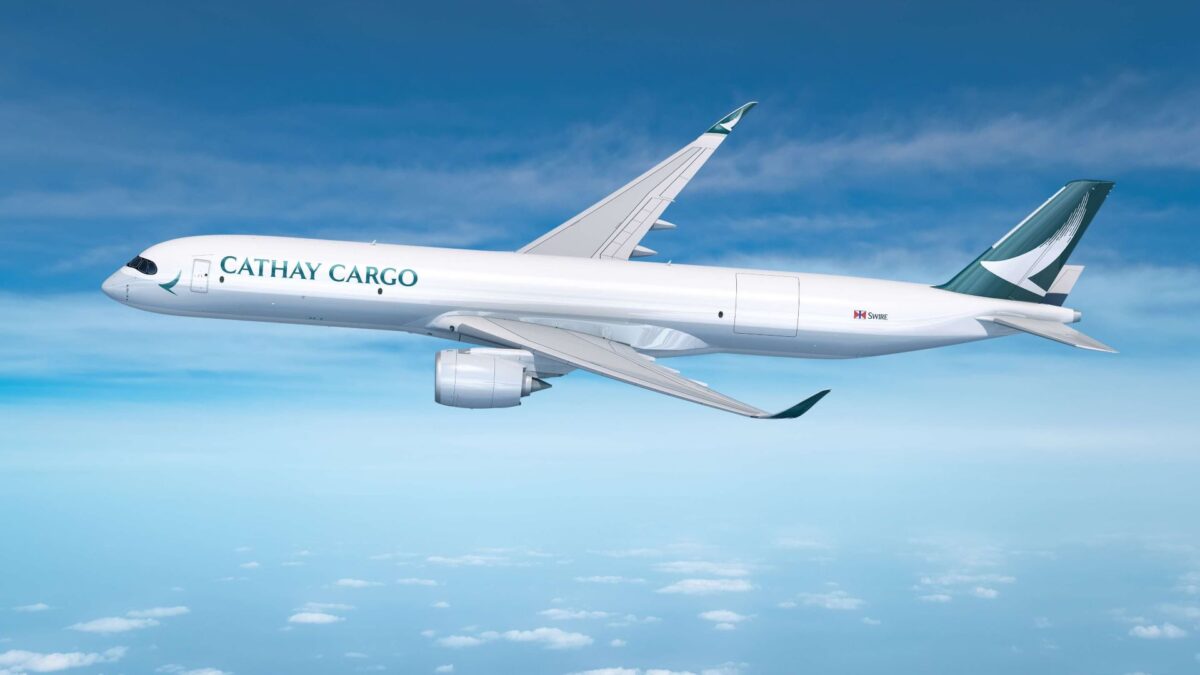Cathay Pacific, Hong Kong’s premier airline, has been thrust into operational turmoil following a critical incident involving one of its aircraft engines. A flight bound for Zurich had to turn back to Hong Kong after experiencing an “engine component failure,” prompting the airline to initiate a comprehensive review of its fleet.
In the wake of this incident, Cathay Pacific conducted inspections across all 48 of its Airbus A350 aircraft. These checks revealed that 15 planes were equipped with faulty engine components, necessitating immediate replacements. The engines in question, the Trent XWB-97, are produced by Rolls-Royce, a leading British engineering firm renowned for its aerospace technology.
Since the discovery, Cathay Pacific has canceled nearly 70 flights, severely disrupting its schedule on routes connecting Hong Kong with major cities such as Sydney, Singapore, Bangkok, Tokyo, Seoul, and Taipei. The airline has warned that these disruptions could continue until at least Saturday, causing significant inconvenience for passengers.
The airline has emphasized that safety remains its highest priority. “At Cathay, the safety of our customers and our people is at the core of every decision we make,” the airline stated. “We deeply regret the disruption caused and are working diligently to minimize the impact on our passengers.”
This situation has drawn the attention of global aviation authorities, including the European Union Aviation Safety Agency (EASA), which is closely monitoring the technical investigation. EASA has indicated that it will take necessary actions if the situation warrants fleet-wide safety measures.
Rolls-Royce, the manufacturer of the affected engines, has pledged full cooperation with Cathay Pacific and other relevant parties. A spokesperson for Rolls-Royce assured that the company is committed to supporting the airline in resolving the issue and will keep other operators of the Trent XWB-97 engines informed of any relevant developments.
The affected Airbus A350 aircraft, a cornerstone of Cathay Pacific’s fleet since 2016, are equipped with Rolls-Royce engines known for their fuel efficiency. The discovery of these faults has raised concerns about the reliability of these engines, prompting other airlines to take precautionary measures.
Singapore Airlines, another major operator of the Airbus A350, has begun inspecting its Rolls-Royce Trent XWB-84 engines. While the airline has reported no immediate impact on its operations, it remains vigilant as the situation unfolds. Similarly, Japan Airlines has initiated inspections of its Airbus A350-1000 aircraft during scheduled maintenance, though it does not anticipate any flight disruptions.
Qatar Airways, which also operates Airbus A350-1000 aircraft, has reported no current operational impacts but is closely monitoring the situation. The airline has affirmed its commitment to ensuring the continued safety and reliability of its fleet.
The broader aviation community is watching closely as Cathay Pacific navigates this challenging period. The situation underscores the critical importance of rigorous maintenance and safety standards in the aviation industry, where even minor component failures can have far-reaching consequences. Rolls-Royce has already announced plans to invest significantly in enhancing the durability and performance of its engines, a move that has become even more urgent in light of the current challenges.
As investigations continue and repairs are made, passengers and industry stakeholders alike will be looking for assurances that such incidents will be promptly and effectively addressed to restore confidence in these high-tech aircraft.









